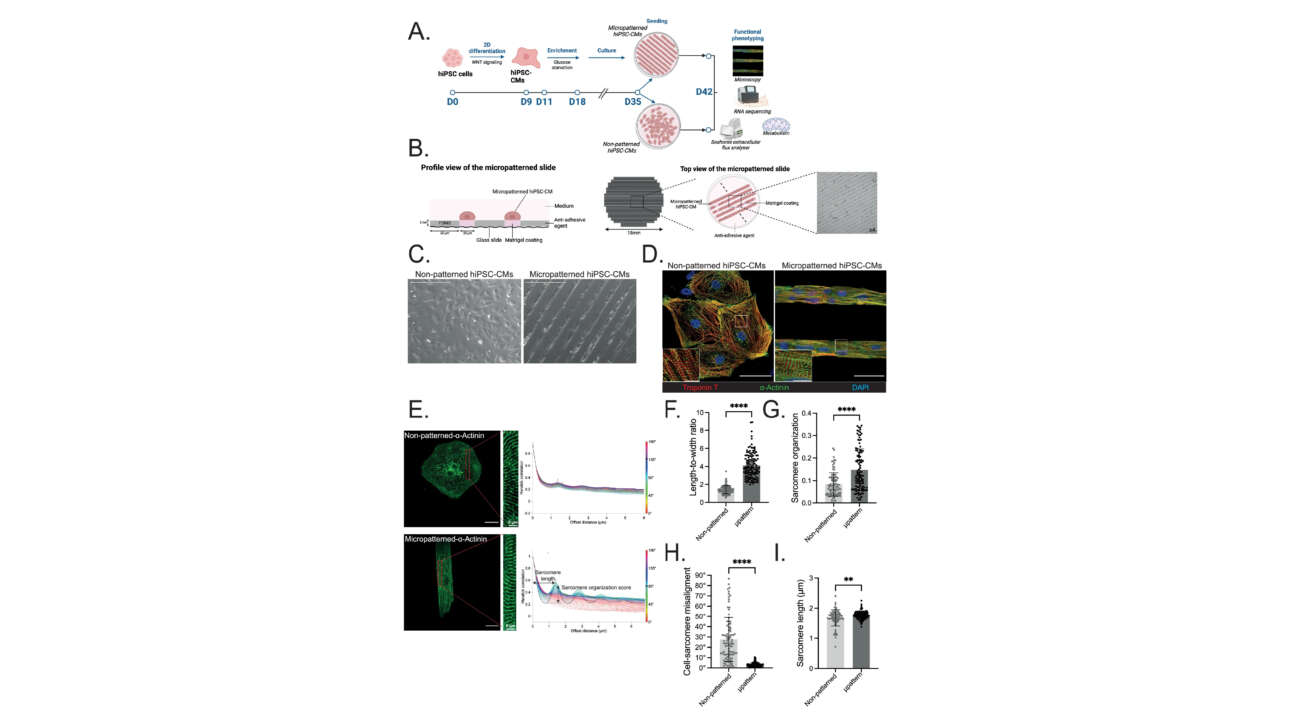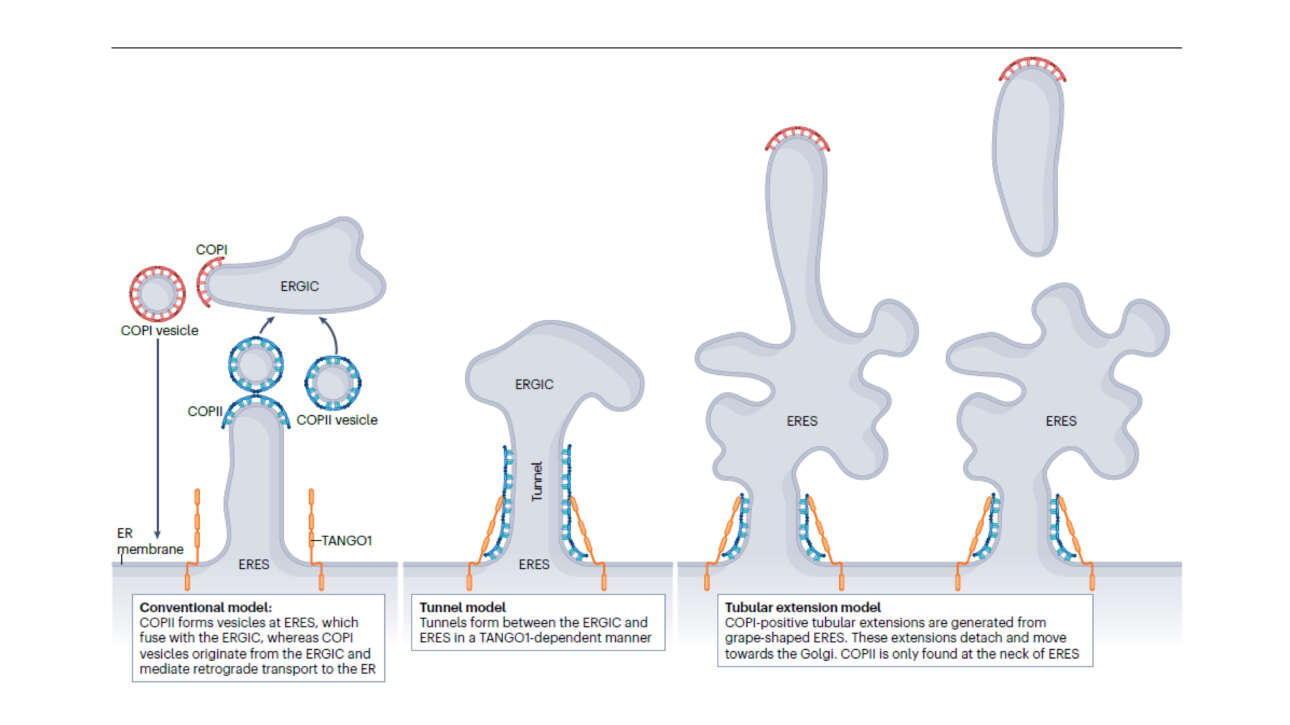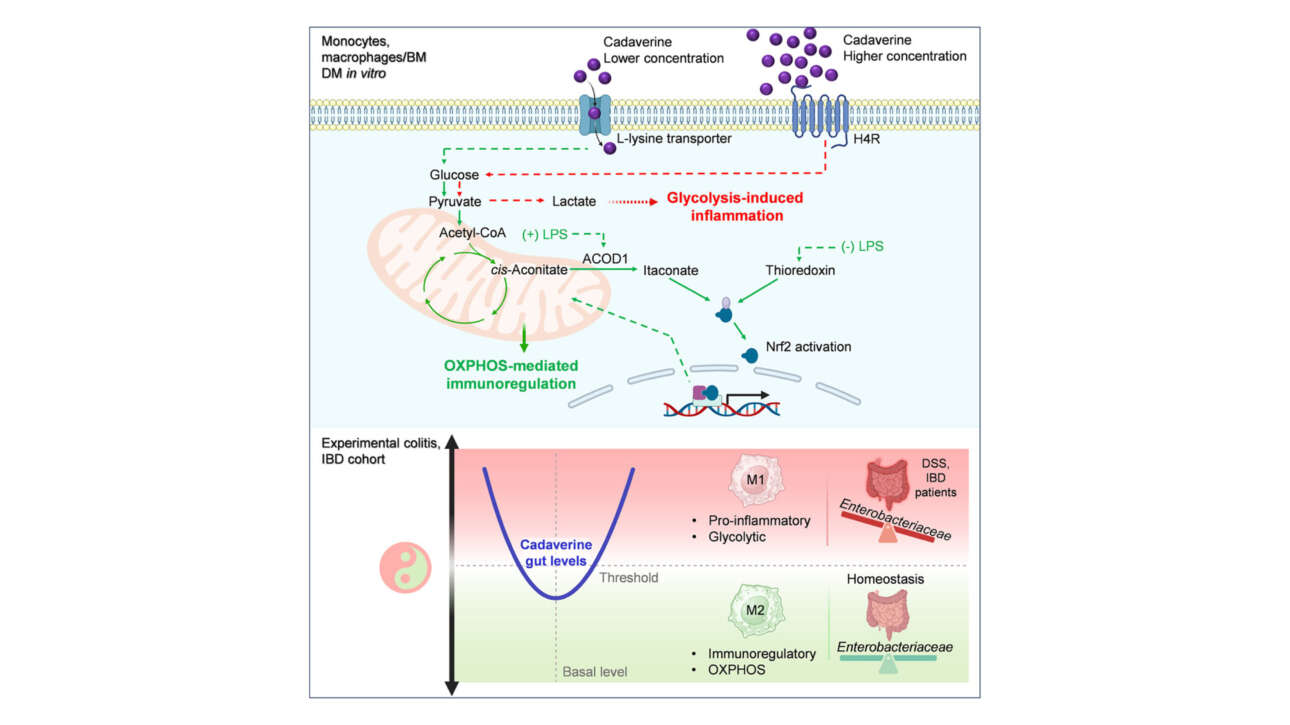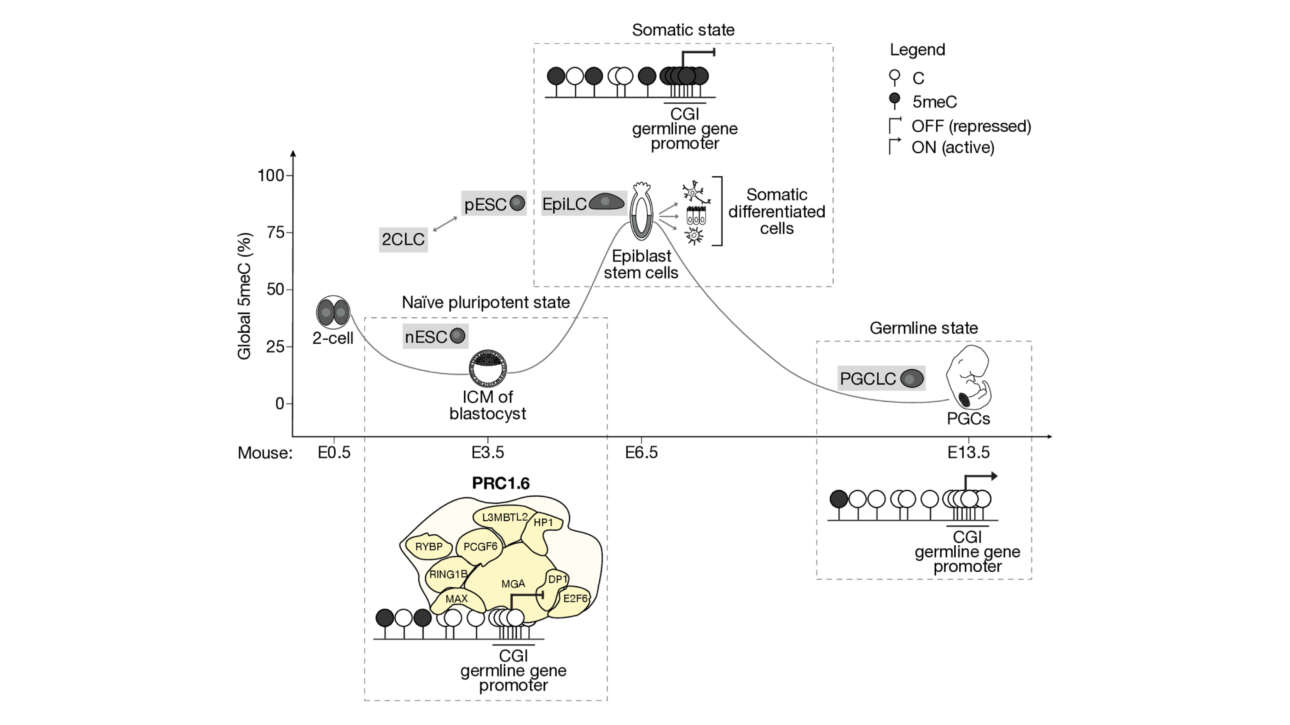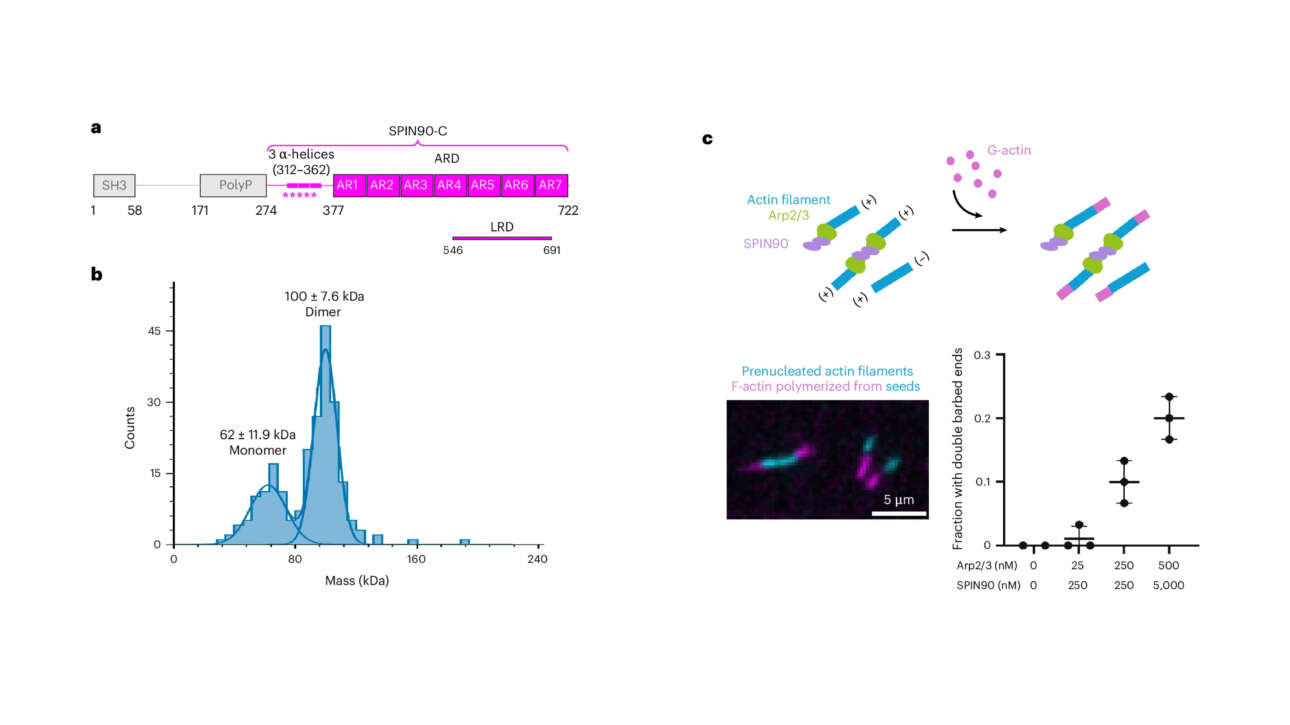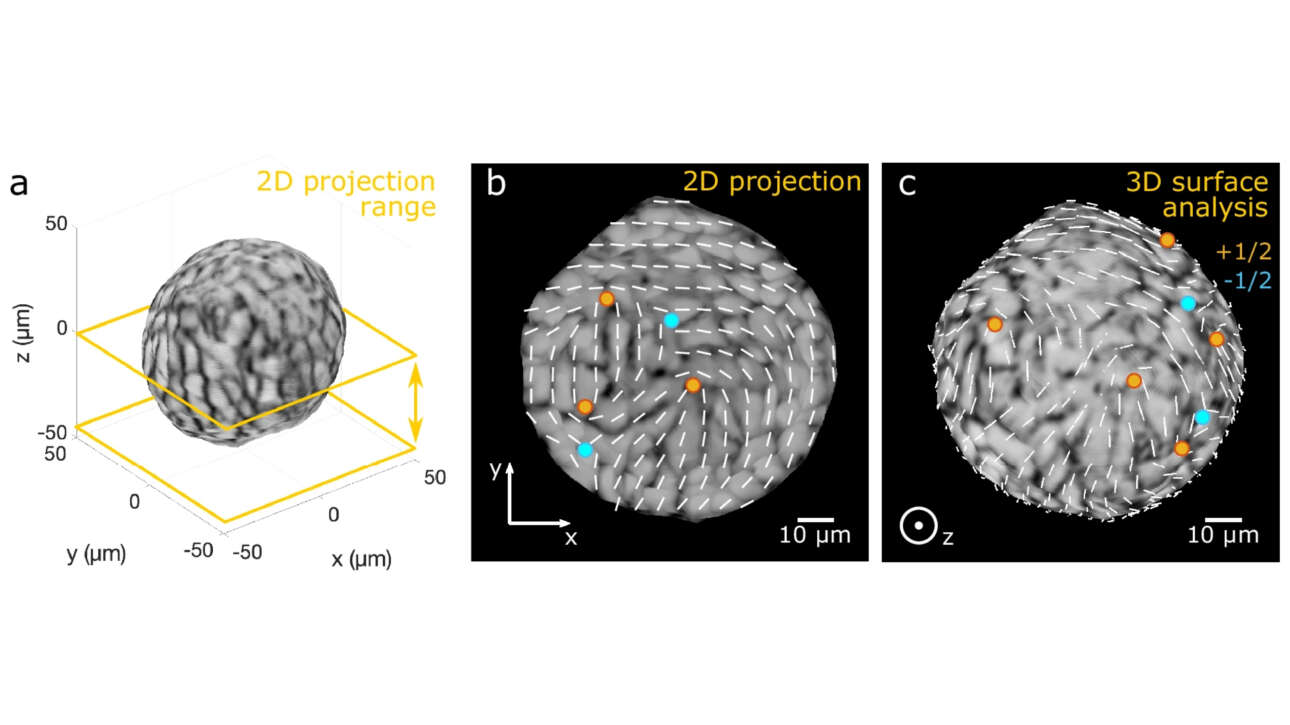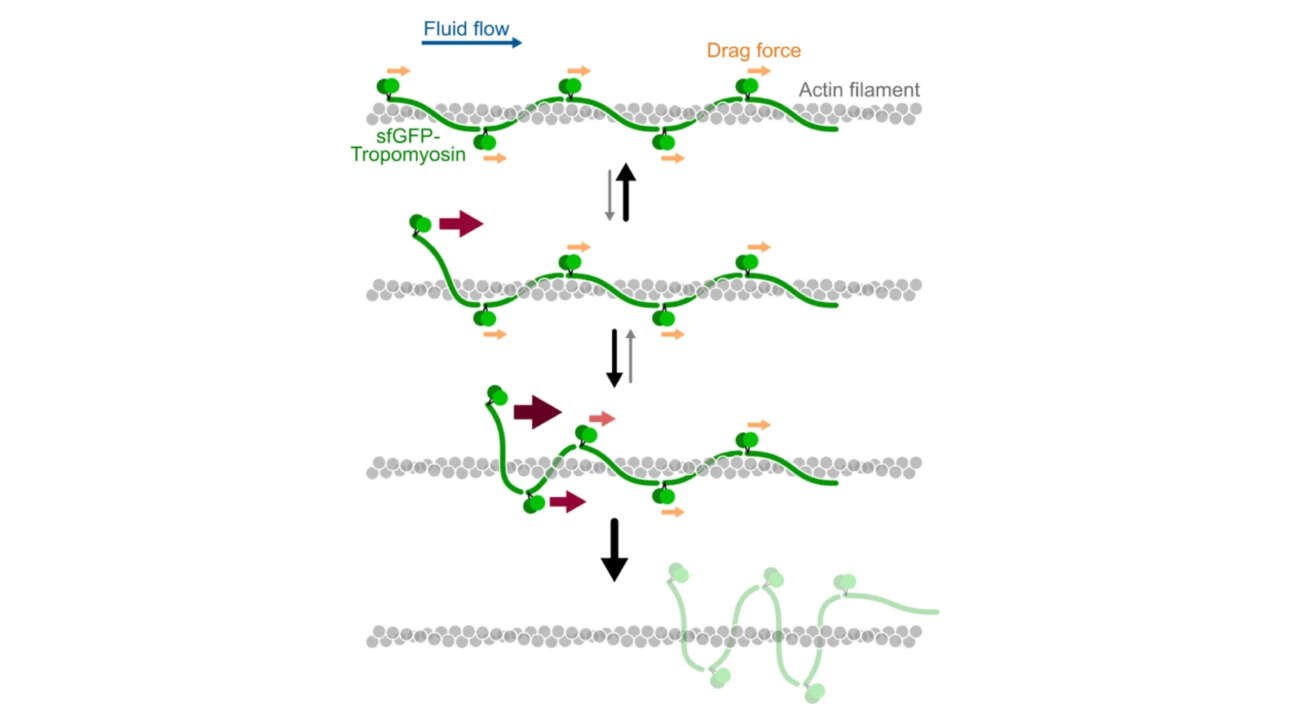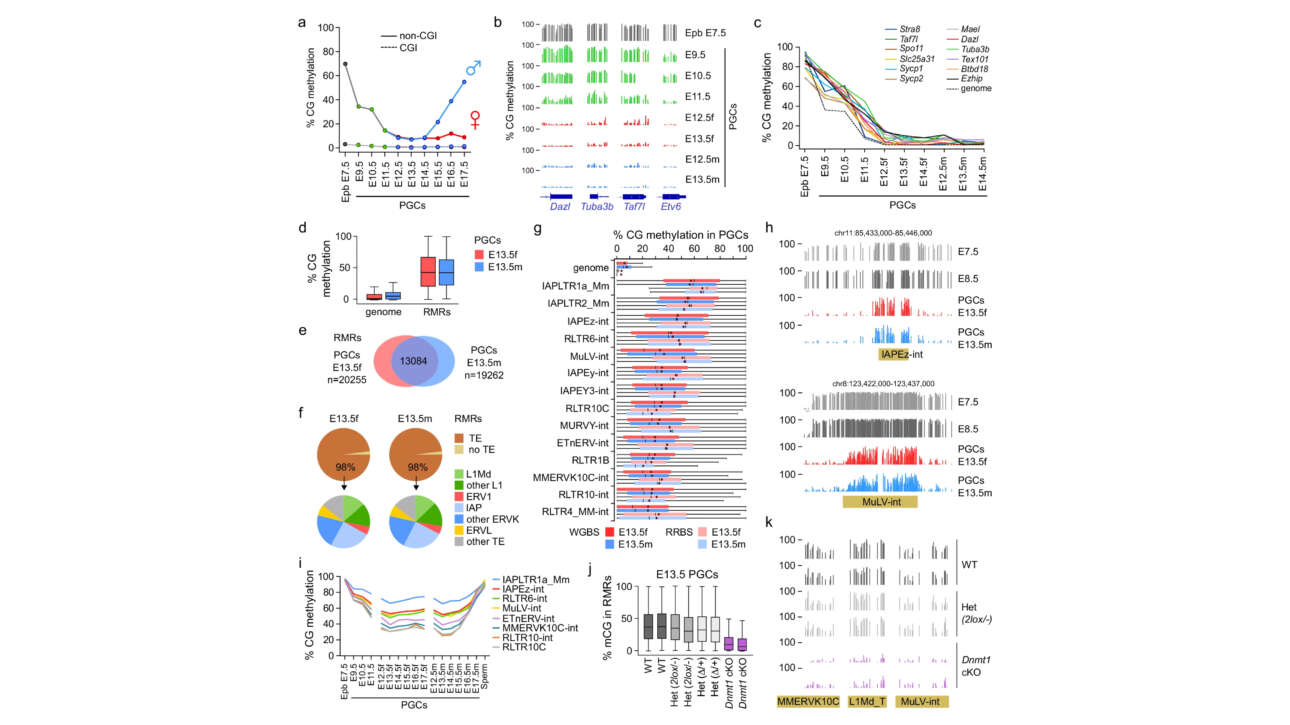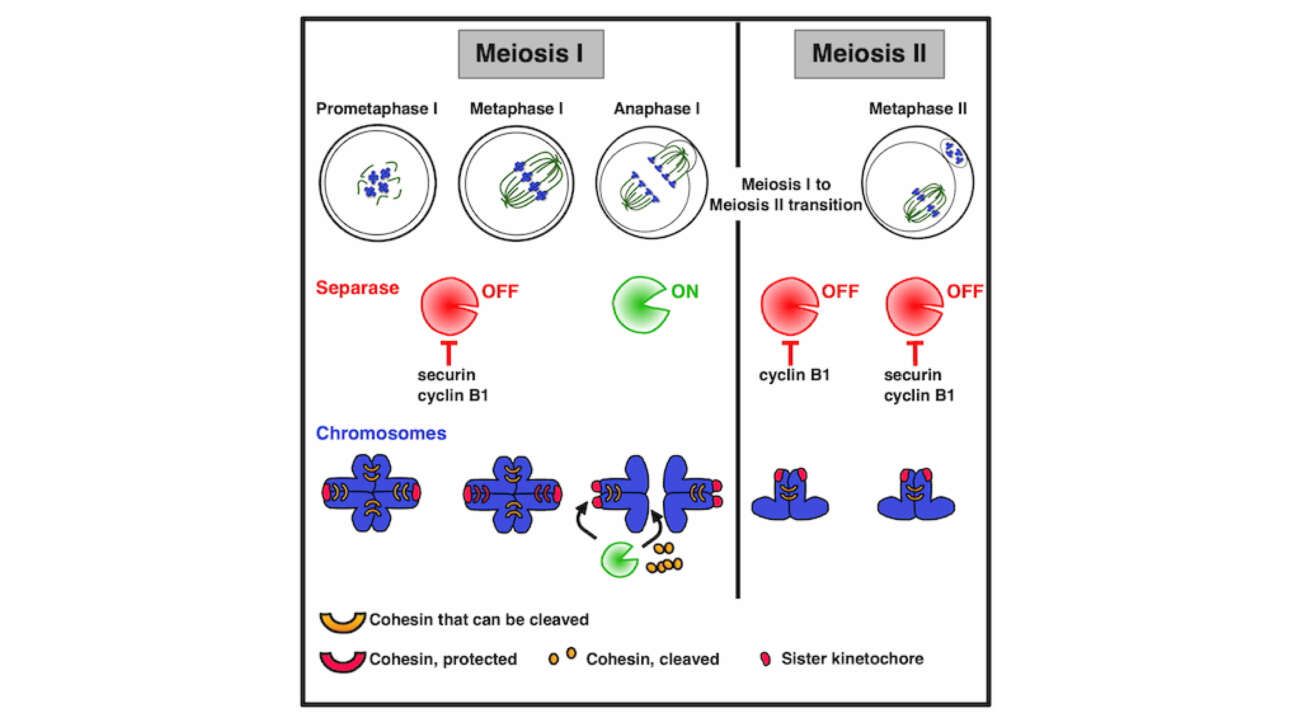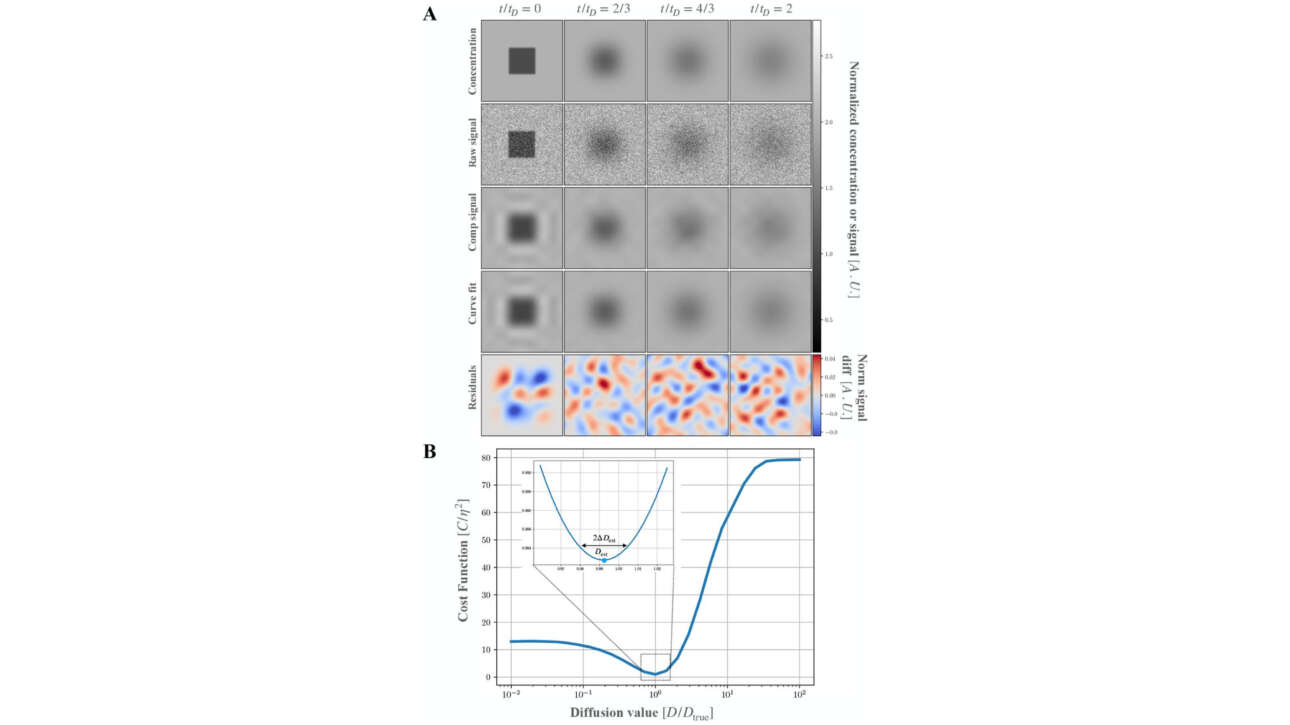La plateforme ImagoSeine a contribué à la publication d'un nouvel article dans Communication Biology :
Myocardial disarray drives metabolic inefficiency in human cardiomyocytes
Résumé :
Adult cardiomyocytes are embedded within a highly organized myocardial microenvironment that imposes critical geometric cues essential for the alignment and distribution of organelles and the shaping of their unique, rectangular cellular morphology.…
